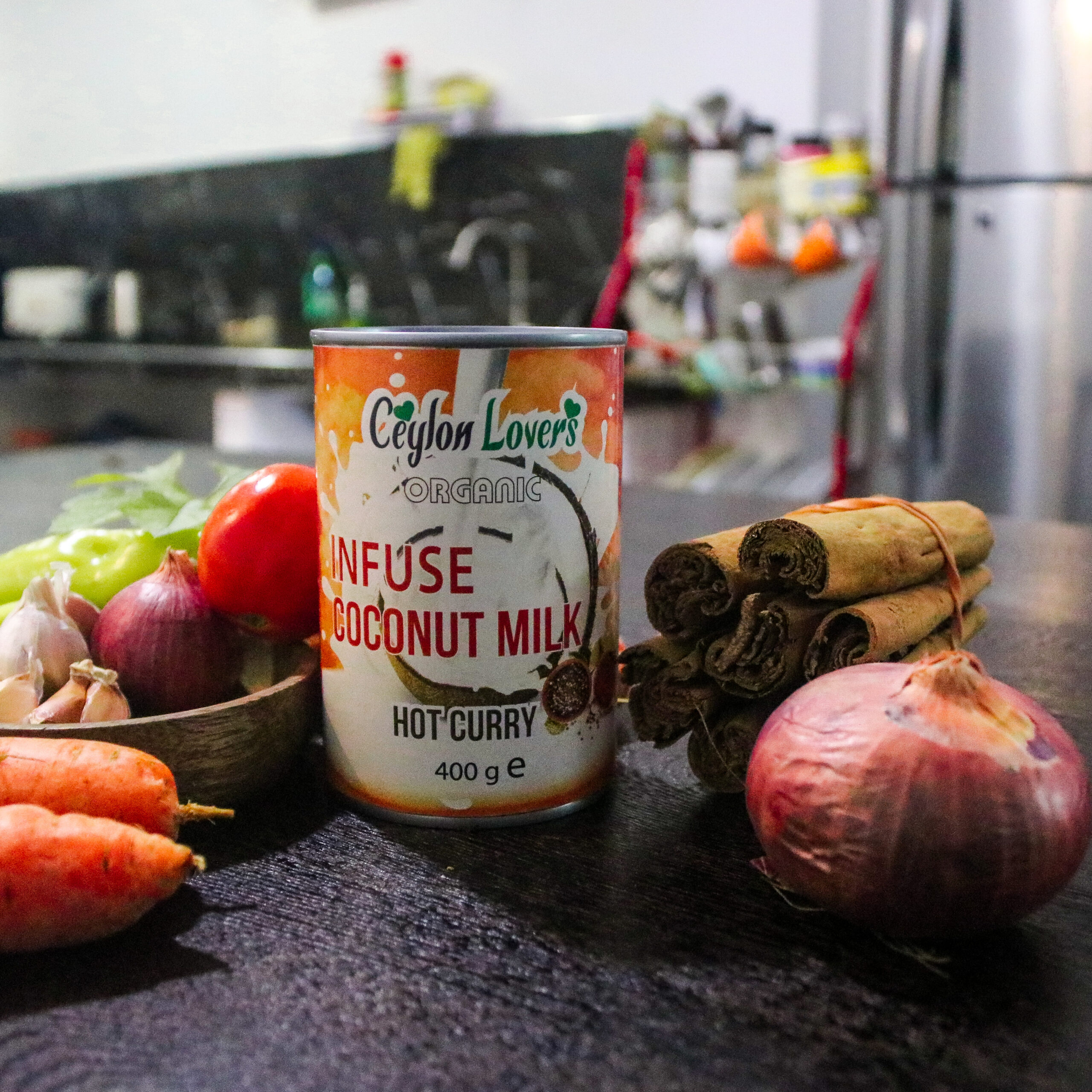In recent years, there has been a noticeable shift towards healthier and more sustainable dietary choices, leading to the rise of coconut-based alternatives. This trend goes beyond the traditional use of coconut in cuisine, extending into various industries as a substitute for common ingredients. In this deep dive, we’ll explore the multifaceted realm of coconut-based alternatives and unravel their impact on health, the environment, and consumer preferences.
Flour Power: The Gluten-Free Revolution
Once reserved for curries and smoothies, coconut milk has found its way into mainstream consciousness as a dairy milk alternative. Creamy and rich, coconut milk is now a staple in coffee shops, cereal bowls, and baking recipes for those seeking a lactose-free or vegan option.
Flour Power: The Gluten-Free Revolution
As gluten-free diets gain popularity, coconut flour has emerged as a versatile and nutritious substitute. Made from dried coconut meat, this flour adds a delicate coconut flavor to baked goods while offering a gluten-free alternative for those with dietary restrictions.
Coconut Water: A Natural Hydration Hero
Move over, sugary sports drinks—coconut water has become the go-to natural hydration source for fitness enthusiasts and health-conscious individuals. Packed with electrolytes and minerals, coconut water is not just a trendy beverage but a functional alternative to traditional sports drinks.
Coconut Sugar: A Sweet Solution
For those looking to reduce their refined sugar intake, coconut sugar has stepped into the limelight. Sourced from the sap of coconut palm trees, this sweetener boasts a lower glycemic index and is celebrated for its natural caramel-like taste, making it a popular choice for baking and sweetening beverages.
Coconut Oil: Beyond the Kitchen
While coconut oil has long been a cooking staple, its uses now extend far beyond the kitchen. From skincare routines to hair care treatments, coconut oil has become a versatile beauty product, celebrated for its moisturizing properties and potential health benefits.
Coconut-Based Dairy Alternatives
Coconut has become a key player in the plant-based dairy market. From coconut yogurt to ice cream, these alternatives offer a creamy and flavorful option for those looking to reduce their dairy consumption without compromising on taste or texture.
Coconut Aminos: The Soya Sauce Substitute
As awareness of soy allergies and concerns over high sodium levels in traditional soy sauce grow, coconut aminos have emerged as a popular alternative. This savory sauce, derived from coconut sap, provides a slightly sweet and umami flavor without the soy.
Environmental Impact and Sustainability
One of the driving forces behind the popularity of coconut-based alternatives is their perceived environmental sustainability. Coconut trees are highly resilient and require minimal resources to grow, making them an appealing choice for eco-conscious consumers.
As the demand for plant-based and sustainable options continues to rise, coconut-based alternatives are likely to play an even more significant role in shaping the future of the food and beverage industry. From the kitchen to the beauty routine, coconut is proving to be a versatile and sustainable solution for those seeking healthier and planet-friendly choices.





